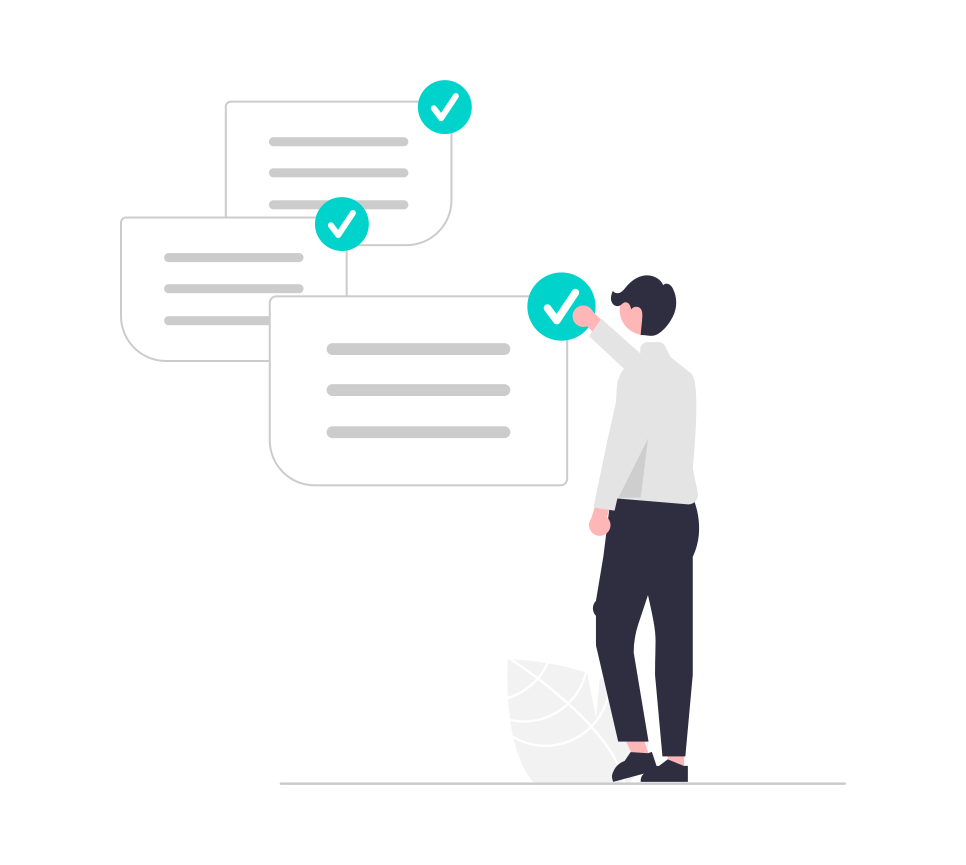
A localization specialist works tirelessly to craft and adapt content. But as you will come to find out, their expertise extends beyond linguistic boundaries. Below, we discuss the responsibilities of localization specialists, how to become one, and the tools they use in their work.
Overview
- What is a localization specialist?
- What a localization specialist does
- How to become a localization specialist
- What tools does a localization specialist use?
- How POEditor can assist localization specialists
What is a localization specialist?
A localization specialist is a professional responsible for adapting content, products, or services to specific languages, cultures, and regions. The goal of localization is to make the content or product feel native to the target audience, taking into account linguistic, cultural, and regional nuances.
What a localization specialist does
Localization specialists are responsible for a number of tasks. They are responsible for the translation of text, audio, and visual content into different languages. However, with localization in mind, they also need to adapt the content to suit the cultural norms, preferences, and sensitivities of the target audience. This can include changes to images, colors, symbols, and even humor. Localized content must be reviewed to ensure linguistic accuracy, consistency, and appropriateness.
Improve your localization process
Discover an easy to use and affordable localization app.These professionals are also responsible for gathering information about the target market to understand its unique characteristics, preferences, and expectations. They work closely with cross-functional teams, including translators, project managers, designers, and developers, to ensure a smooth localization process. This also includes the technical aspects, to ensure that localized versions of software or websites function correctly in the target languages and regions.
How to become a localization specialist
First and foremost, localization specialists are proficient in at least two languages, including their native language and a second language relevant to the regions you want to specialize in. Proficiency in additional languages is a significant advantage.
Those interested in becoming localization specialists should know that a bachelor’s degree in linguistics, translation, international relations, or a related field, is mandatory. Specializing in a specific industry like software, gaming, or marketing, can help set you apart from the rest of the candidates.
Consider professional certifications like the American Translators Association (ATA) certification or gain more knowledge on certain subjects through online courses you can take anywhere, anytime. Industry events, online communities, can help you get connected with other localization professionals to build your network.
When it comes to technical skills, one must acquire proficiency in relevant tools and technologies used in translation and localization, such as computer-assisted translation (CAT) tools, translation management systems (TMS), and software localization tools.
What tools does a localization specialist use?
Localization specialists use a variety of tools that help them in the process of adapting content for different languages, cultures, and regions. CAT tools, for example, assist in translating content efficiently. They often include features like translation memory, which stores previously translated segments for reuse, and terminology management for maintaining consistent terminology across translations.
Translation management systems (TMS) such as POEditor are frequently used in the management of end-to-end translation process. They facilitate project management, collaboration among team members, and tracking project progress.
Since localization testing is an important step of the process of localizing content, localization specialists should also learn to use localization testing tools. These tools help identify and rectify linguistic and functional issues. Similarly, Quality Assurance (QA) tools should also be used to check for consistency, formatting, and linguistic accuracy across translations to ensure high-quality output.
Other useful tools include file converters, desktop publishing tools, version control systems, subtitling and captioning tools, and machine translation systems. The choice of tools may vary depending on the specific needs of a project, the type of content, and the preferences of the localization team.
How POEditor can assist localization specialists
POEditor offers a robust set of features designed to streamline and enhance the localization process for specialists. Our web-based platform provides centralized translation management, allowing users to efficiently handle multiple projects, languages, and collaborators.
With collaborative translation support, teams can work seamlessly together, assigning specific languages and overseeing progress. The TMS integrates translation memory and glossary management for consistency across projects, ensuring accurate and coherent translations.
Overall, POEditor can be a valuable tool for localization specialists, offering a comprehensive suite of features to streamline their workflow, improve translation quality, and boost their productivity.